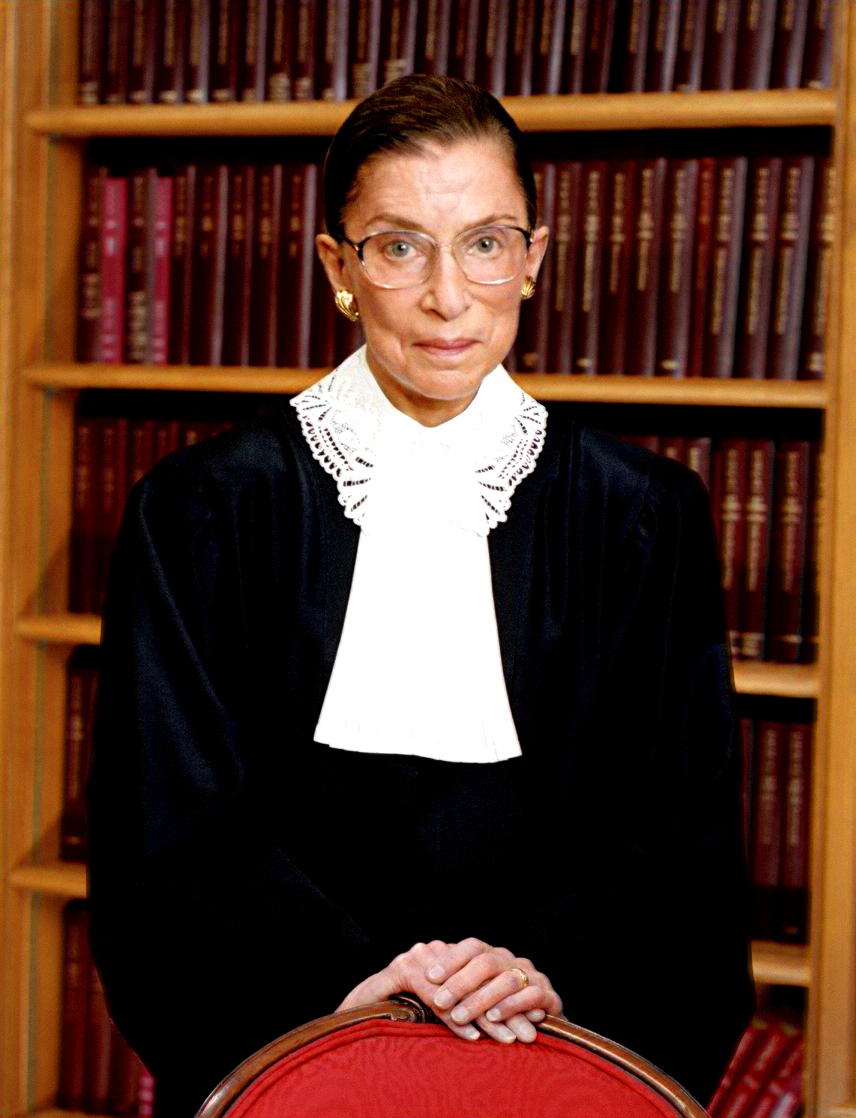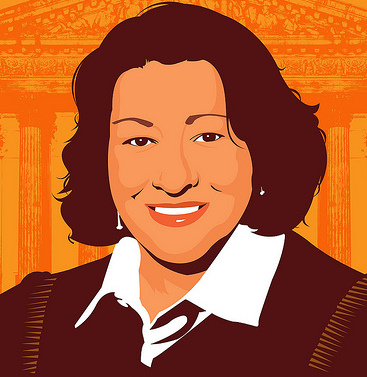
[digg-reddit-me]On September 11, 2001, the Bush administration was taken by surprise. Their immediate reactions are forgivable, if disheartening – the 7 1/2 minutes reading a book after being told “America is under attack;” the quick spreading of false information at the top levels as officials thought that the State Department had been attacked and that taxi cabs were planning on blowing themselves up in front of major Washington buildings; the order by Cheney to take out a civilian airliner, usurping the role of the president. President Bush and Condi Rice clearly panicked – as Rice has essentially admitted since leaving office:
Unless you were there in a position of responsibility after September 11th, you cannot possibly imagine the dilemmas that you faced in trying to protect Americans. And I know a lot of people are second-guessing now, but let me tell you what the second-guessing that would really have hurt me – if the second-guessing had been about 3,000 more Americans dying because we didn’t do everything we could to protect them.
Karl Rove, seeing his dream of a realignment of the electorate threatened by the biggest terrorist attack in American history likewise panicked.
Cheney though was emboldened – his sense of purpose, his disdain for America’s delicate system of checks and balances, and his radicalism imbued Bush’s first term with a reactionary fervor. The War on Terror became synonymous with Cheney’s goal of creating an imperial presidency. At this point, in the aftermath of this devastating attack, Rove began to plan for ways to turn this glaring weakness into a strength; and Cheney attempted to change the American structure of government – believing that 9/11 would have been prevented if only the president had more power. Thus, Cheney began to systematically use this crisis to centralize more power in the White House – and to assert greater executive powers and to outright reject the powers of the legislative, judicial, and quasi-independent branches of government to check his or the president’s power. Laws were read in such a way as to maximally expand presidential power – with a statute declaring war on Al Qaeda secretly being understood to overturn decades of legislation, for example; vast areas of law were secretly held to be unconstitutional checks on the president’s power and were ignored. In so doing, Cheney began to fundamentally alter the American social bargain.
It wasn’t until far right-wingers from Office of Legal Counsel Director Jack Goldsmith, Attorney General John Ashcroft, FBI Director Robert Mueller, Deputy Attorney General James Comey, and quite a few other top CIA, FBI, and Justice employees were about to resign that Bush finally realized how radical his administration had become. By Bush’s second term, he began to walk most of his more radical policies back – though refusing to admit any fault and maintaining his authority to do all of it.
Now that Bush is no longer in office, liberals, libertarians, progressives, and other Bush administration opponents had two basic conceptions of how to move forward and how to look at the radicalism of Bush’s first term and his assertions of executive power that he maintained until he left office. The first conception was well expressed by Tom Malinowski of the Human Rights Watch at a Congressional hearing on June 11, 2009:
We should stop experimenting. We should not build yet another untested structure on a foundation of failure. We should finally, at long last, bring to justice the men who killed thousands of people on September 11, and others who have committed or planned or aided the murder of Americans. And we should do it in a system that works.
On the other side, some who opposed the radical actions of Bush-Cheney still saw within September 11 something similar to what Cheney did – a unique threat to our way of life. What these individuals are forced to do is balance the threat of catastrophic terrorism with the desire to preserve our way of life. Rather than starting with the assumption that a stronger president with fewer checks on his or her power is the only way to prevent terrorism, these individuals believe we must experiment with our laws and institutions, to tinker with them, to achieve this right balance – all within the public realm and with the consent of the people, rather than in secret.
In an interview with a British paper, Philip Bobbitt, for example, makes the case for why we need to experiment with our national security policy – focusing specifically on the idea of stockpiling laws:
I think when you go to weapons of mass destruction you’re talking about just a completely different level of horror and disruption…We must come, as societies, to some understanding of what we’re facing, and in these times of tranquillity organise ourselves and debate about what we will do if a catastrophe should come to pass. We should stockpile laws for such an eventuality, just as we stockpile vaccines. Then I think we have an excellent chance of getting through these attacks with systems of consent in place. But if we don’t do that, if we say oh, get real, this isn’t another second world war, surely you’re exaggerating the threat, this couldn’t possibly threaten our society now! It hasn’t yet! And if you don’t use the democratic process to put laws in place now, then in a way you become the ally of the terrorists because when a truly terrible series of mass atrocities really does occur and you don’t have anything to fall back on, that’s when you get martial law, that’s when you get the system that’s in democratic collapse, and you become the source of terror yourself. No, Bin Ladin isn’t going to invade and occupy Westminster and put Mullah Omar in the House of Lords, he’s not going to take over. If Britain becomes a state of terror it will be because we did it to ourselves and we did it because we did not prepare when we had the time and the peace to do so by law and by consensual systems.The United States can do the same thing. If we are busy throwing away laws, the one steady craft we have to get through this, Washington will turn us into a state of terror, we’ll do it. We’ll embrace it enthusiastically…
We need to focus on making our society more resilient in the event of an attack, on spreading information regarding terrorism so that citizens can make informed choices (as was successful in preventing the fourth attack on September 11). The laws regarding continuity of government – from my understanding – are incomplete Cold War relics. We need to take the threat of terrorism from the realm of fear and bring into the realm of rational thought. Obama, as president, is uniquely positioned to do this.
It seems to me that Malinowski’s approach – while understandable – is misguided. In a changing world, our government must adapt, must experiment. And the threat from catastrophic terrorism – the threat inherent in a globalized world, with technology increasing the power of individuals exponentially – is real. It must change the calculus, the balancing test. We need to experiment with our national security policies – and get away from the Culture War politics that thanks to Rove and Cheney have come to dominate this arena. The Rule of Law and our way of life is better protected if we reflectively plan for an emergency now rather than overreacting in fear in the moment.




